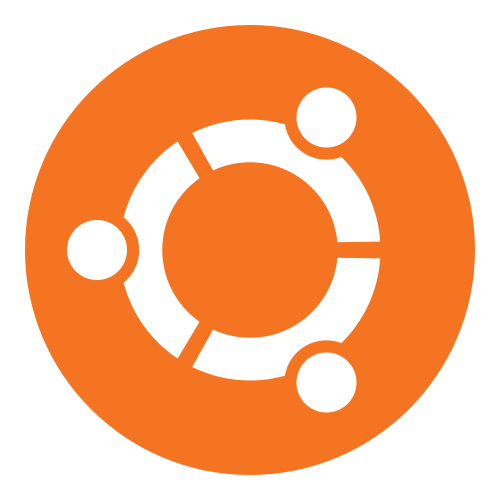
It is also common to consume Ubuntu as an image on a public cloud, or as a container.
#1. ubuntu 14.04.2 lts install#
You should make sure you have a high level of confidence in the publisher of any classic snap you install since a compromise or bad faith behaviour in that code is not confined to the app itself. Snaps can also be 'classic' which means that they behave more like debs, and can see everything on your system. For third-party applications, this means that you will have a very high level of confidence that the app can only see appropriate data that you have provided to it. Nevertheless, the choice of base does not impact on your ability to use a snap on any of the supported Linux distributions or versions - it's a choice of the publisher and should be invisible to you as a user or developer.Ī snap can be strictly confined, which means that it operates in a secure box with only predefined points of access to the rest of the system. Snaps each pick a 'base', for example, Ubuntu18 (corresponding to the set of minimal debs in Ubuntu 18.04 LTS).

If you want to install a high-profile app like Skype or a toolchain like the latest version of Golang, you probably want the snap because it will give you fresher versions and more control of the specific major versions you want to track. Ubuntu also supports 'snap' packages which are more suited for third-party applications and tools which evolve at their own speed, independently of Ubuntu.
#1. ubuntu 14.04.2 lts software#
Debs are optimised for highly structured dependency management, enabling you to combine debs very richly while ensuring that the necessary software dependencies for each deb (themselves delivered as debs) are installed on your machine. The heart of Ubuntu is a collection of 'deb' packages which are tested and integrated so that they work well as a set. What you consume will depend on where you are and what your interests happen to be.

Release components - debs, snaps, images, containersĪ release of Ubuntu is made through several different channels.
#1. ubuntu 14.04.2 lts full#
The full lifecycle is available with an Ubuntu Advantage subscription or a free personal subscription.Ĭustomers of Canonical often ask for an extended security maintenance commitment beyond the Ubuntu Base Packages such as the 'universe' software packages. The lifecycle consists of an initial five-year maintenance period, during which maintenance updates are publicly available without an Ubuntu Advantage Subscription, and five years of Extended Security Maintenance (ESM). The debs in Ubuntu are categorised by whether they are considered part of the base system ('main' and 'restricted' are in the base and 'universe' and 'multiverse' are not) and whether they are open source ('main' and 'universe' are, 'restricted' and 'multiverse' are not).įor each Ubuntu LTS release, Canonical maintains the Base Packages and provides security updates, including kernel livepatching, for a period of ten years.


 0 kommentar(er)
0 kommentar(er)
